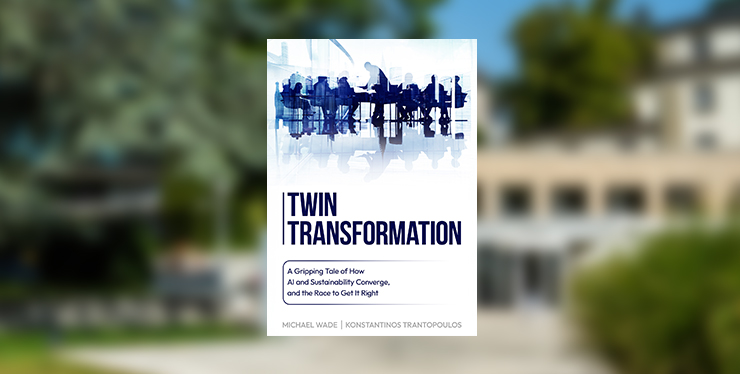Unilever sustainable tea: Leapfrogging to mainstream
The case documents Unilever’s journey toward exclusively using certified sustainable tea in its major tea brands. It illustrates the decision of Lipton’s executives to source all tea from Rainforest Alliance CertifiedTM farms and follows their efforts to raise it to a higher level within Unilever by positioning it at the core of an ambitious market transformation effort. It provides a framework for discussions around the business case for sustainable sourcing of mainstream brands. It also raises questions related to the potential economic impacts for Unilever and its competitors of transforming the entire industry to certified tea. The case sets the scene for discussions around the challenges of supply chain and market roll-out of sustainability conversion of high value brands. On the supply-chain side, it shows Unilever’s approach of obtaining quick wins by going for the “low hanging fruits” in sustainability conversion, supported by already existing capacities in Lipton’s own tea plantations in Kenya. It also follows the company’s efforts to extend training and certification to more fragmented parts of its supply chain. On the market side, it shows the case for an accelerated roll-out. It documents how Unilever changed its initial strategy of focusing on the Western European market for the first three years by quickly expanding to Japan, the US and Australia. The case ends by pointing to the significant challenges Unilever faces as the demand for certified tea grows exponentially and other major players in the global market begin to certify their own brands. It also describes Unilever’s dilemma when it considers taking an even bigger step: extending sustainable sourcing to the domestic market of India, the world’s biggest producer and consumer of black tea.
1) To gain an understanding of the business case for major brands to convert to sustainable sourcing. 2) To identify the dilemmas involved in rolling out sustainable agriculture certification with regard to the supply chain and the market. 3) To understand the framework of market transformation for sustainability and its business case. 4) To recognize the change in the traditional perception of business responsibility by promoting action on sustainable agriculture and other “mega-issues.”
Unilever
2006 - 2010
Cranfield University
Wharley End Beds MK43 0JR, UK
Tel +44 (0)1234 750903
Email [email protected]
Harvard Business School Publishing
60 Harvard Way, Boston MA 02163, USA
Tel (800) 545-7685 Tel (617)-783-7600
Fax (617) 783-7666
Email [email protected]
NUCB Business School
1-3-1 Nishiki Naka
Nagoya Aichi, Japan 460-0003
Tel +81 52 20 38 111
Email [email protected]
IMD retains all proprietary interests in its case studies and notes. Without prior written permission, IMD cases and notes may not be reproduced, used, translated, included in books or other publications, distributed in any form or by any means, stored in a database or in other retrieval systems. For additional copyright information related to case studies, please contact Case Services.
Research Information & Knowledge Hub for additional information on IMD publications

In President Trump’s second term, a variety of executive actions have reversed social progress. Withdrawing from the Paris Climate Agreement presents a significant challenge to bending the global emissions curve since it is one of the world’s larg...
We systematically review business research concerning the planetary boundaries framework: A natural science framework that identifies nine Earth system boundaries that govern the safe operating space for humanity. Ten years after the introduction ...
Environmental claims are becoming increasingly common in corporate disclosures, but whether they correspond to genuine environmental action rather than greenwashing remains unclear. This paper explores the relationship between companies' environme...
in I by IMD
Research Information & Knowledge Hub for additional information on IMD publications
Research Information & Knowledge Hub for additional information on IMD publications
Research Information & Knowledge Hub for additional information on IMD publications
Research Information & Knowledge Hub for additional information on IMD publications
in Stanford Social Innovation Review Online 2 June 2025
Research Information & Knowledge Hub for additional information on IMD publications
in Journal of Management Studies June 2025, vol. 62, no.4, pp. 1811-1846, https://doi.org/10.1111/joms.13150
Research Information & Knowledge Hub for additional information on IMD publications
in Sustainable Development 29 May 2025, ePub before print, https://doi.org/10.1002/sd.3544
Research Information & Knowledge Hub for additional information on IMD publications
Research Information & Knowledge Hub for additional information on IMD publications
in I by IMD
Research Information & Knowledge Hub for additional information on IMD publications
in I by IMD
Research Information & Knowledge Hub for additional information on IMD publications








